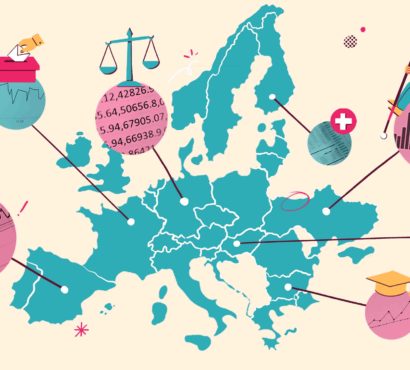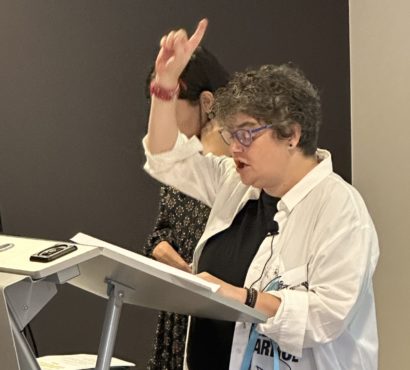People with intellectual disabilities must be treated as equal citizens
“A fellow self-advocate once told me: ‘I don’t feel equal to the others because I’m not allowed to vote!’” This is what Inclusion Europe’s vice-president László Bercse once said. Voting is a fundamental right, it is one of the most important ways of influencing political decisions which, in turn, have an impact on our lives. Withdrawing this right from someone means not recognising them as equal citizens.
Even though recently there have been improvements in countries such as Denmark, France, Germany and Spain, in many European countries, people with intellectual disabilities still do not have the right to vote. Often, this right is automatically taken away from them once their legal capacity is taken away from them and they are put under guardianship. Sometimes, they must come before a judge and answer unreasonable questions which aim at “determining” if they should be given this fundamental right.
Of course, this kind of treatment violates the UN Convention on the Rights of Persons with Disabilities (UN CRPD). Its article 29 reaffirms that people with disabilities should be able to “effectively and fully participate in political and public life […], including the right and opportunity […] to vote and be elected“.
Inclusion Europe has always held the opinion that everyone has legal capacity and therefore voting rights. Some people may need support to make decisions, including who to vote for, – but they should be accompanied in making these decisions, not be deprived of their rights.
Guardianships should cease completely and be replaced by supported decision-making mechanisms. But as long as they still exist, we advocate to open the right to vote to people under guardianship.
There are many ways in which voting can become accessible to people with intellectual disabilities, for example by producing information material on the elections in easy-to-read, or by allowing a supporter to accompany a person into the voting booth.
Voting Rights: overview of right to vote and stand for election in the EU
Accessible elections
For many people who can vote, the actual act of voting is made very hard (and sometimes impossible) by barriers in accessibility.
Inclusion Europe created these tools to make elections accessible.
Right to decide and political life
Read here reports on how deprivation of legal capacity impacts peoples’ lives, including their right to political participation.
Further resources:







